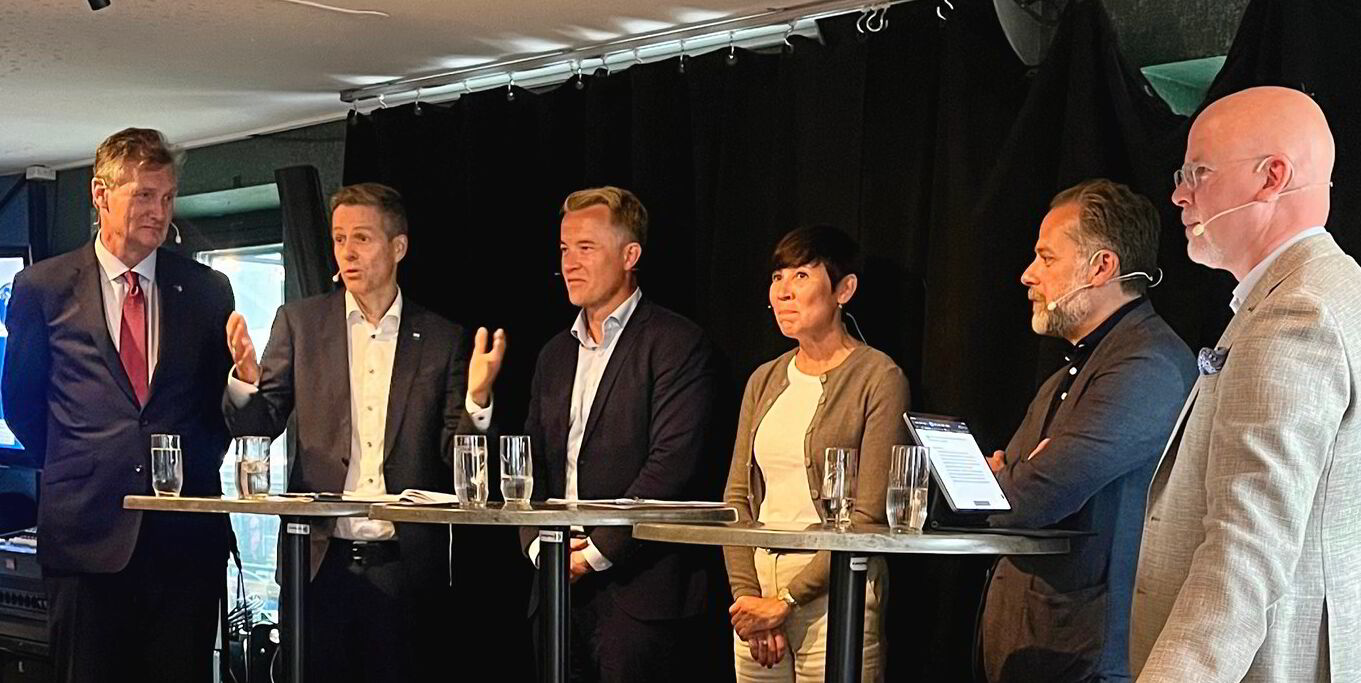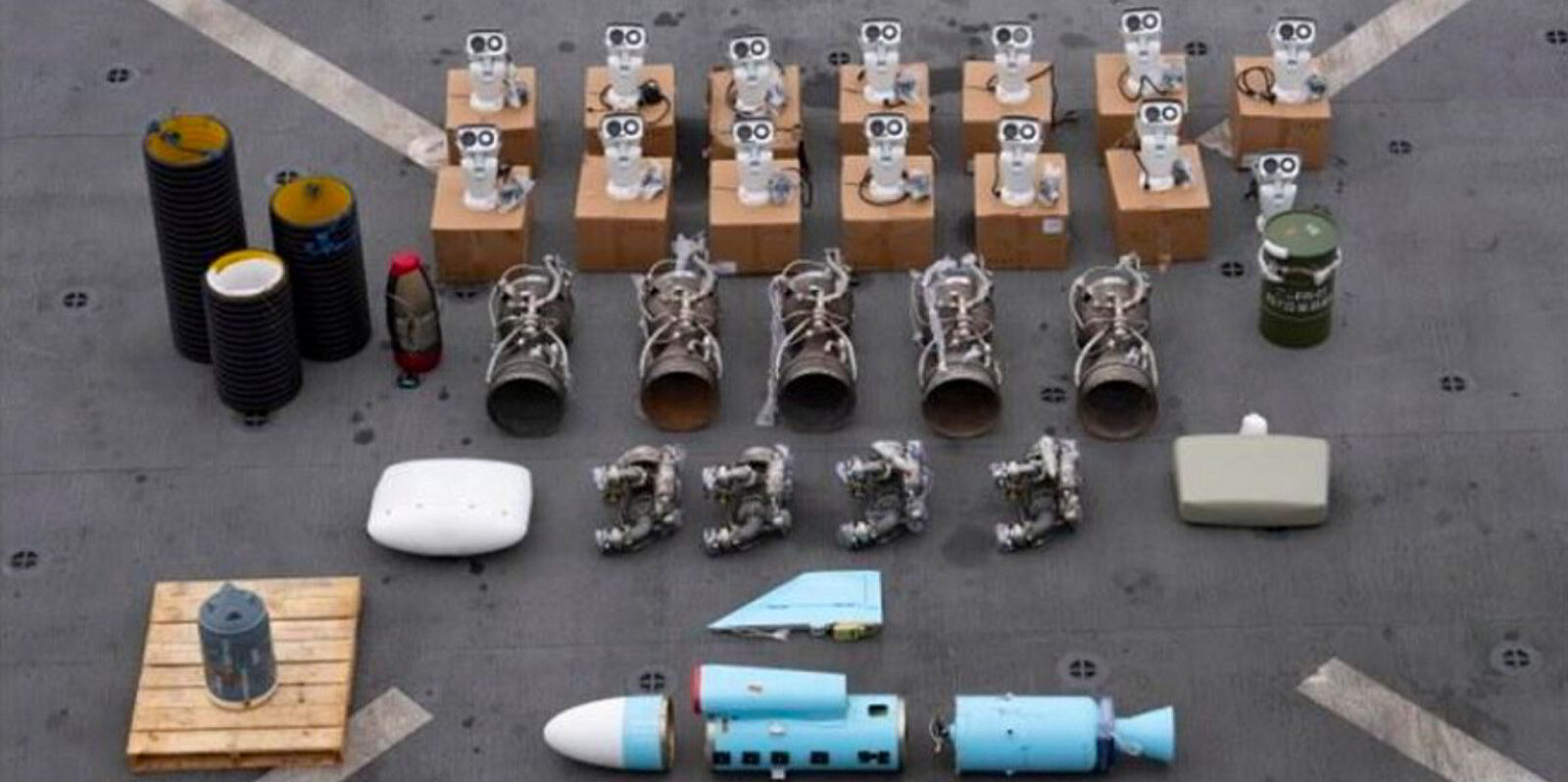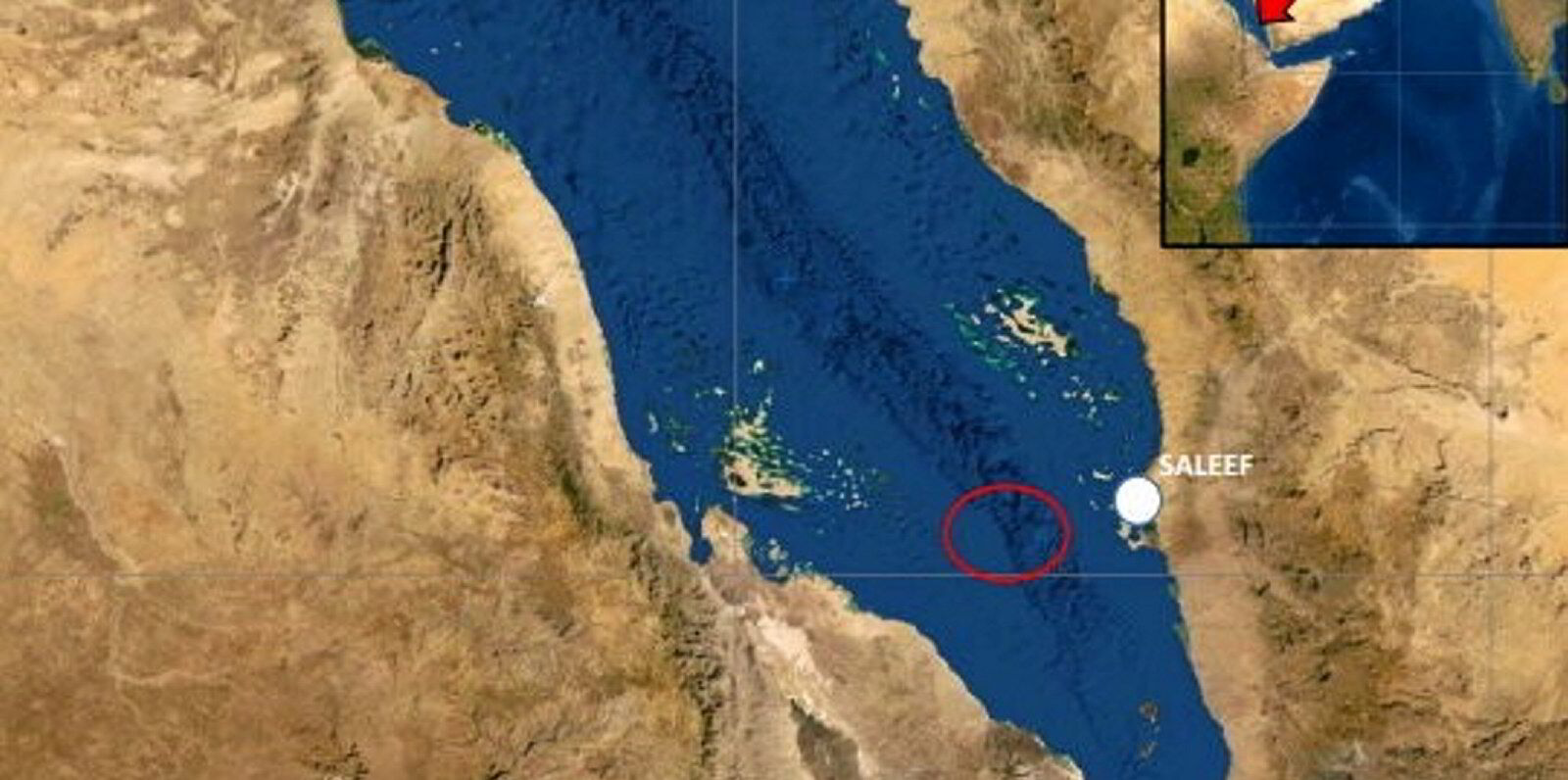The Red Sea is not the only place where world governments have concerns about international law.
Two Norwegian officials, the European Union ambassador to Norway and a top US diplomatic official in Oslo all described the spate of Houthi attacks on merchant shipping as part of a trend in which various actors have taken steps to undermine norms such as freedom of navigation.
“[One] reason why we need to be alert is that China, typically, Russia and others, are gradually, slowly, piece by piece, trying to change the international laws and norms,” Norwegian member of parliament Ine Eriksen Soreide said during a Norwegian Shipowners’ Association event at Arendalsuka.
“They’re changing vocabulary. They are trying to interpret in their own way, interpret in their interests and we have to be very aware of that.”
Soreide is leader of the parliament’s Standing Committee on Foreign Affairs & Defence.
She said past rashes of piracy and the more recent issues in the Red Sea pushed Norway to assess its efforts diplomatically and militarily to protect its large domestically owned and -operated fleet.
Non-state actors like pirates and Houthi militants will continue to be an issue, Soreide said, but also China and its efforts to extend its territory into the South China Sea.
Andreas Kravik, state secretary at the Norwegian Ministry of Foreign Affairs, said Beijing was mostly committed to the rules set out in the United Nations Convention on the Law of the Sea.
“But of course what they’ve done, and what they’re doing, in the South China Sea is extremely concerning and this is not something that is our subjective opinion,” he said, referring to an arbitration ruling that China has no valid claims there.
Kravik argued that Beijing should reconsider its claims or risk losing credibility as an international partner and that the claims are based on historical rights that do not appear in international law.
For EU ambassador Nicolas de La Grandville, China is not going to “push the table over, but pushing slowly, trying to go until there is resistance”.
US embassy acting deputy chief of mission Jamal al-Mussawi said pirates, most prominently off the Horn of Africa, are working on their own.
Now, ships were attacked in the Black Sea following Russia’s invasion of Ukraine as part of a war, and Houthis operating in the Red Sea are non-state actors “using state tools and techniques and intelligence”.
“The Bab al-Mandeb is tiny, and so it’s really like shooting fish in a barrel,” he said.
“I can understand why people would want to divert and go elsewhere, and I also understand why we need to put more resources in the water there to push back.”





